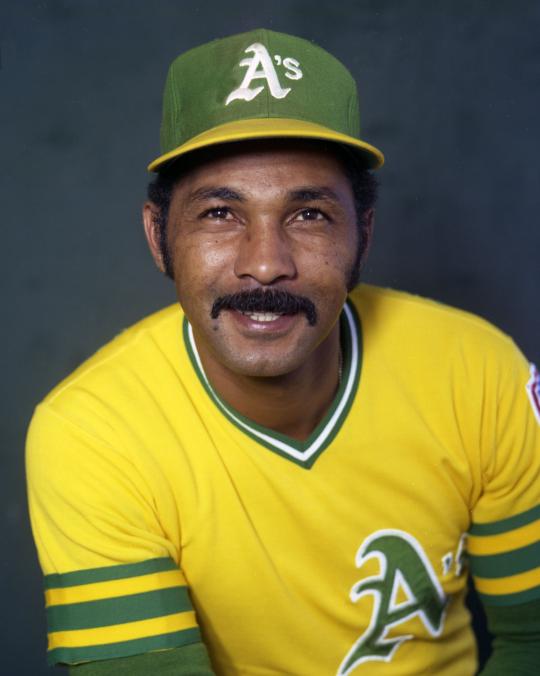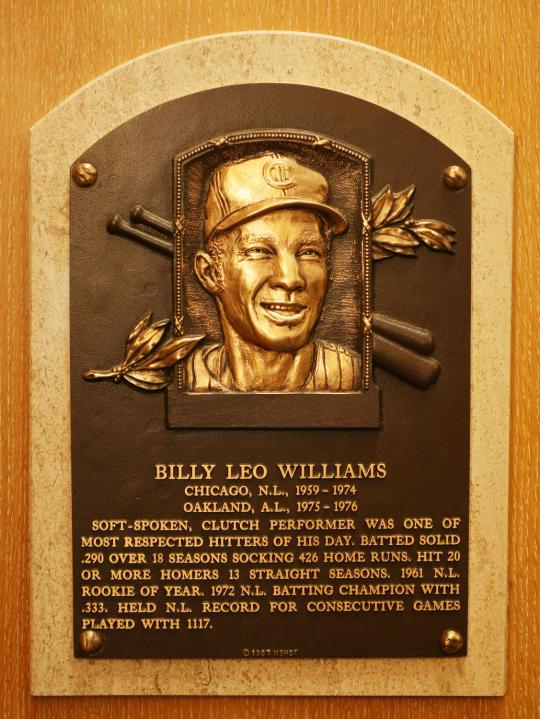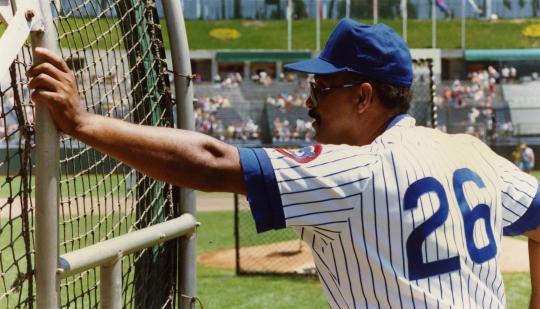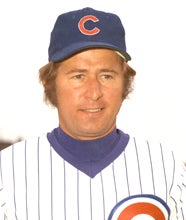- Home
- Our Stories
- Cubs legend Billy Williams traded to Oakland
Cubs legend Billy Williams traded to Oakland
For 16 years, Billy Williams and the Chicago Cubs were one and the same. The unassuming left fielder was perhaps the most consistent player in the National League during the 1960s and early 1970s, and Williams was adored by the Wrigley Field faithful.
But Williams and his teammates were never able to deliver Cubs fans the Postseason berth of their dreams.
On Oct. 23, 1974, the Cubs helped deliver Williams to the Postseason by trading him to the World Champion Oakland Athletics.
Williams experienced an injury-plagued season in 1974, appearing in just 117 games while turning 36 years old during the campaign. It was his fewest regular-season appearances since becoming a regular in 1961, when he won the National League’s Rookie of the Year Award.
Hall of Fame Membership
There is no simpler, and more essential, way to demonstrate your support than to sign on as a Museum Member.
From 1961-1973, Williams averaged better than 28 home runs and 98 RBI per season, earning six All-Star Game selections, winning the 1972 NL batting title and twice finishing second in the NL Most Valuable Player voting (1970 and 1972).
“He’s the most relaxed hitter I ever saw,” said former Cubs teammate Joey Amalfitano. “His swing is as smooth as silk. Nothing disturbs him.”
Williams also set an NL record for consecutive games played (since broken by Steve Garvey) by appearing in 1,117 straight games from Sept. 22, 1963 to Sept. 2, 1970.
“Every time I make out my lineup card, I have to put him in there,” said former Cubs manager Leo Durocher. “It would be like scratching Whirlaway and Seabiscuit from the big race.”
During Williams’ time in Chicago, the Cubs evolved into perennial pennant contenders, winning at least 83 games each season from 1967 to 1972 behind a roster filled with future Hall of Famers like Ernie Banks, Fergie Jenkins and Ron Santo. But the team never finished higher than second place.
Following the 1974 season – where the Cubs lost 96 games – Chicago sent Williams to the three-time defending World Series champion Athletics in exchange for pitchers Darold Knowles and Bob Locker and highly touted second base prospect Manny Trillo.
Williams was immediately penciled in as the A’s designated hitter, and he hit 23 home runs and drove in 81 runs in 1975 while playing in 155 games. The A’s won their fifth straight American League West title that summer, bringing Williams to the postseason for the first time. But in the ALCS, the heavily favored A’s were swept by the Red Sox.
“I was very excited to go to Oakland because they were a great team,” Williams said. “We knew we were going back to the World Series, but it just didn’t happen.”
Williams played one more year in Oakland, retiring after becoming a part-time player in 1976. He finished his career with a .290 batting average, 2,711 hits and 426 home runs.
“My main ambition is to improve with each year,” said Williams during his playing days. “A good day here or there doesn’t mean you are having a good year. It’s the overall work I do that’s important.”
Williams was elected to the Hall of Fame in 1987.
Craig Muder is the director of communications for the National Baseball Hall of Fame and Museum
Related Stories
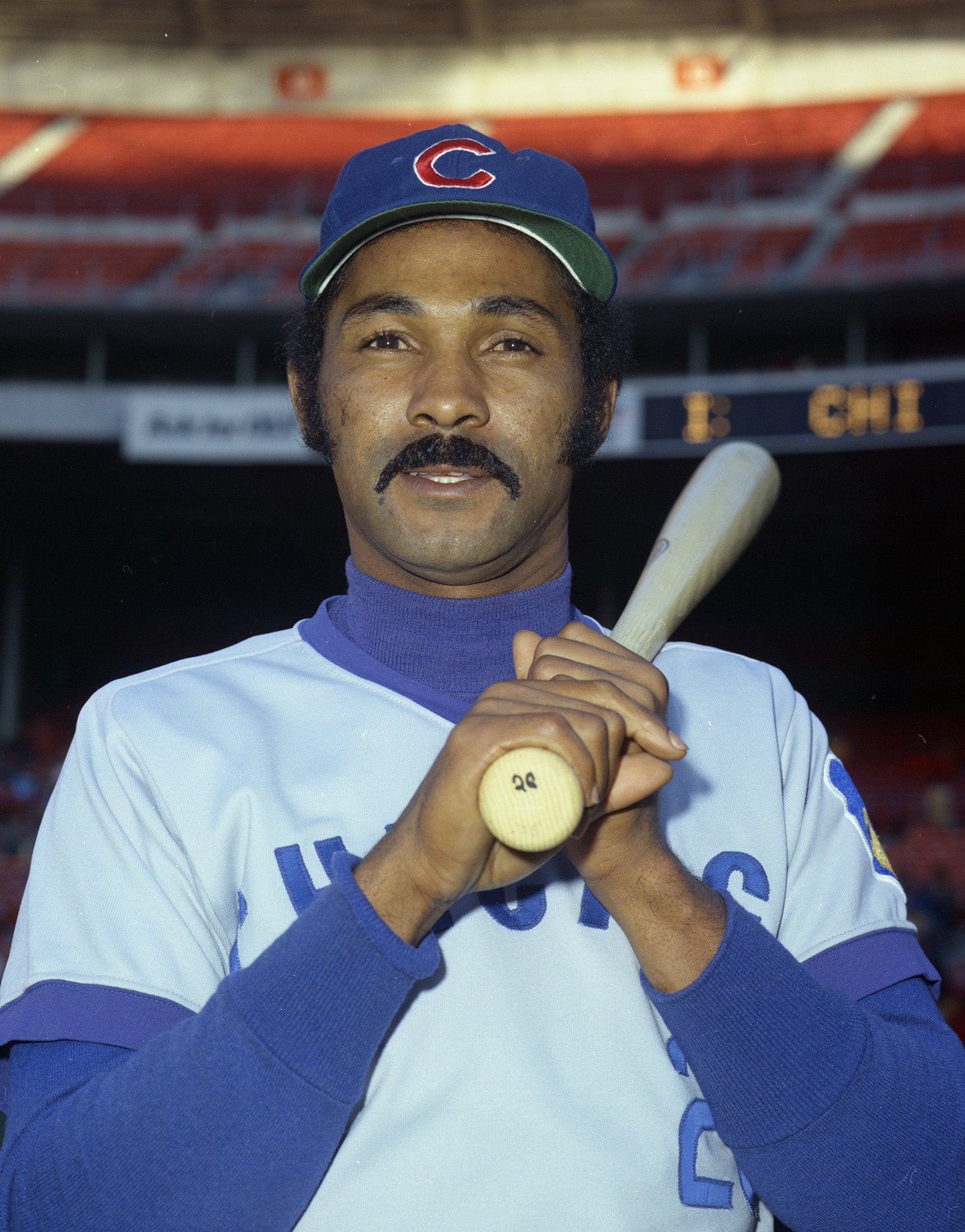
Loveable Cub: Billy Williams parlayed a textbook swing and unwavering consistency into a plaque in Cooperstown
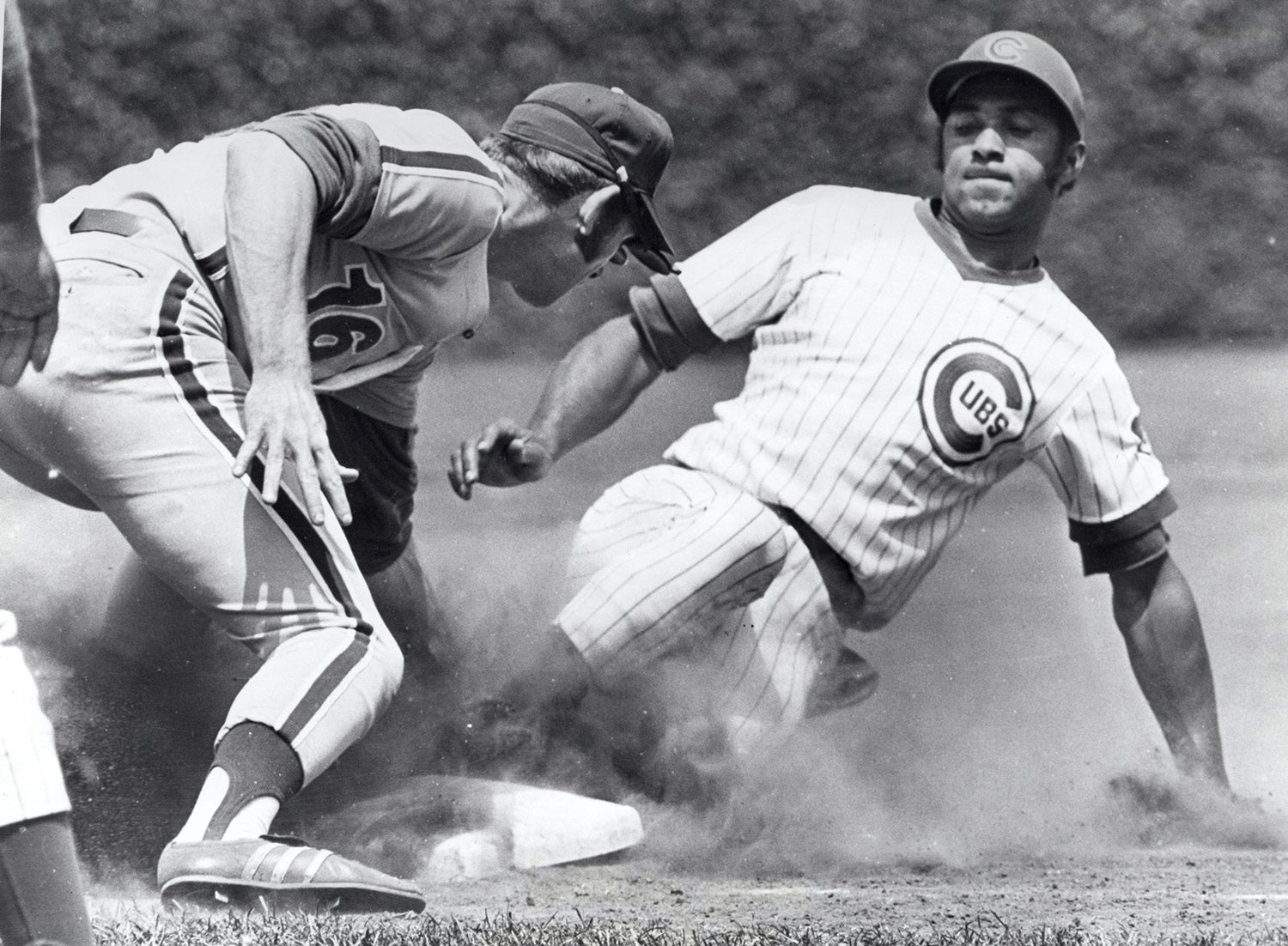
The Cubs’ Billy Williams ends his NL record of 1,117 consecutive games played
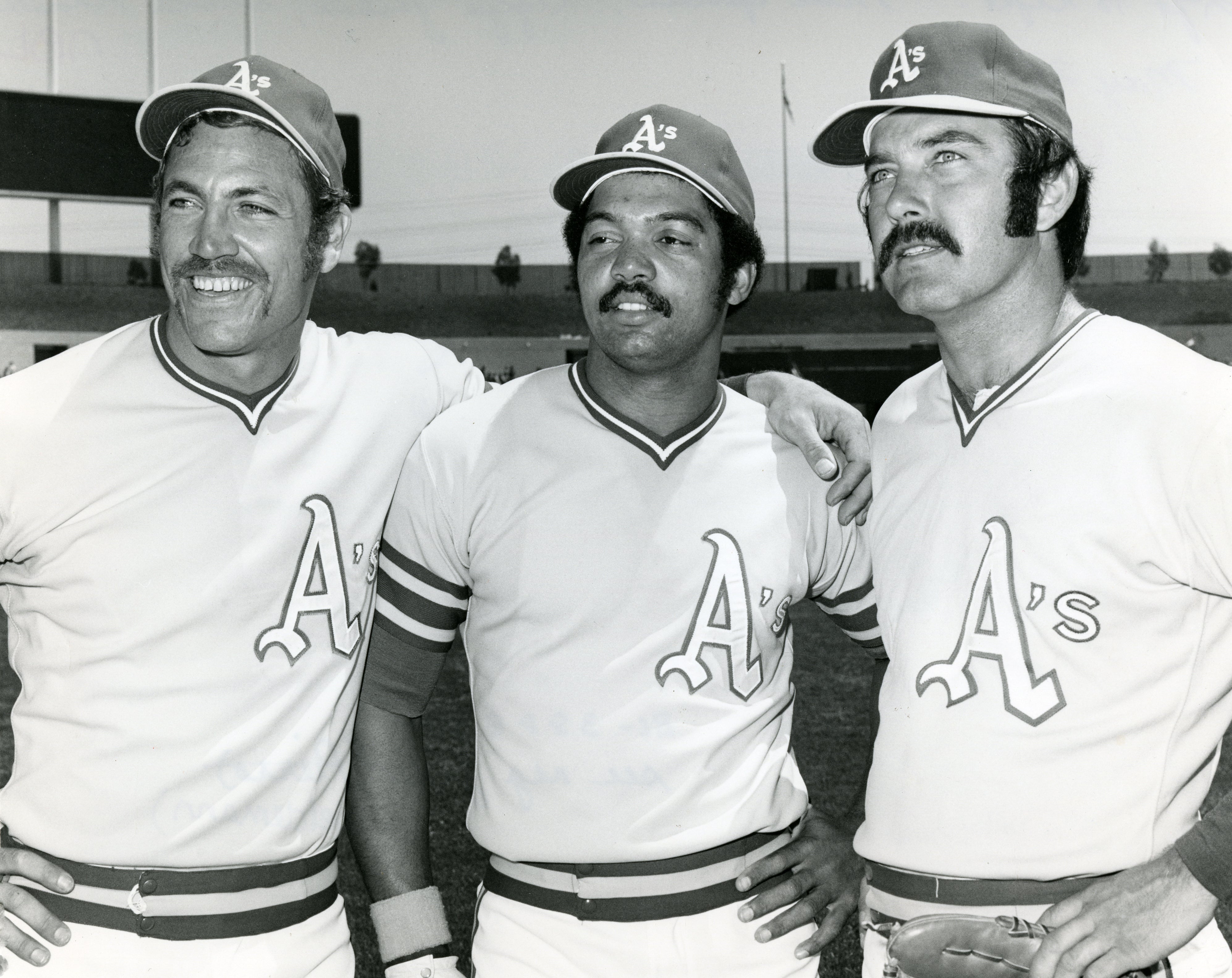
A’s shut down Big Red Machine in thrilling Game 7

Loveable Cub: Billy Williams parlayed a textbook swing and unwavering consistency into a plaque in Cooperstown

The Cubs’ Billy Williams ends his NL record of 1,117 consecutive games played


